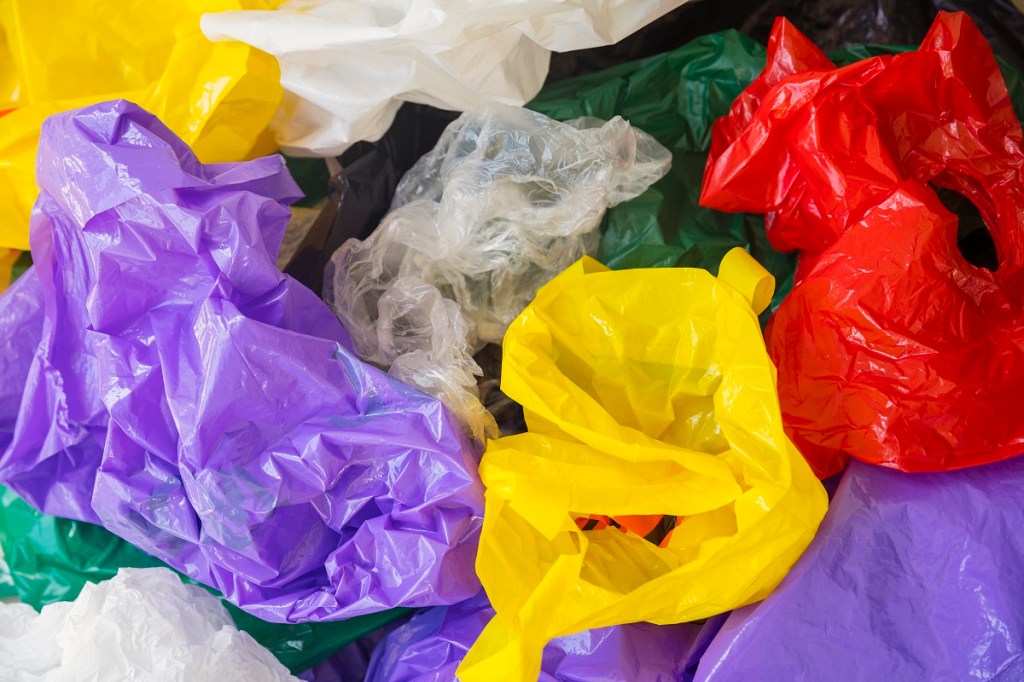Businesses that have a plastic reductions program create more positive outcomes than a store-wide discount, new research has found.
A poll of over 600 consumers, conducted by the Australian Retailers Association (ARA) in collaboration with the Queensland University of Technology (QUT), found that businesses that lead the way in eradicating plastics increase customer loyalty and trust.
Paul Zahra, CEO of the ARA, said that consumers have spoken – they want to see action on plastics and they’re going to be drawn to the brands that are showing leadership on this front compared to those who are dragging the chain.
“The states and territories are managing their own bans on single use plastics, with more items to be outlawed in WA and the ACT at the start of July. This month, NSW became the final jurisdiction to ban lightweight plastic bags 13 years after it was first done by South Australia.
“Addressing environmental challenges is a top priority for the industry and pleasingly, we’ve seen many retailers go above and beyond government mandates in eradicating plastic items ahead of time.”
Zahra said the ARA remains concerned for small businesses who’ve been in survival mode these past two years.
“We need to focus on educating those businesses that might be straggling and provide flexibility as they make the necessary arrangements to use more sustainable products.”
The research identified the five most important corporate social responsibility (CSR) tactics in the Australian market being, in order: plastic reduction, healthy food choices for children, plastic recycling, fair trade, racial equality.
Gary Mortimer, Chair of the ARA’s Consumer Research Advisory Committee and QUT Professor, said retail leaders are genuinely seeking deeper insights into not only what consumers want but also how they respond to environmental and sustainability practices.
“Before implementing a new sustainability program, it is vital to understand the potential impact and consumer response to such programs.
“This new research identified the five most important CSR tactics, with plastics ‘reduction’ considered more important than simply ‘recycling’.”

